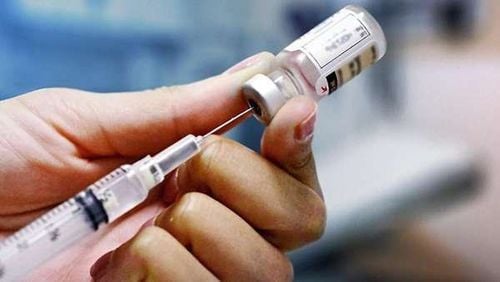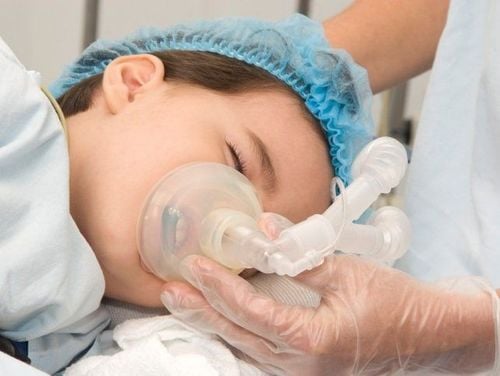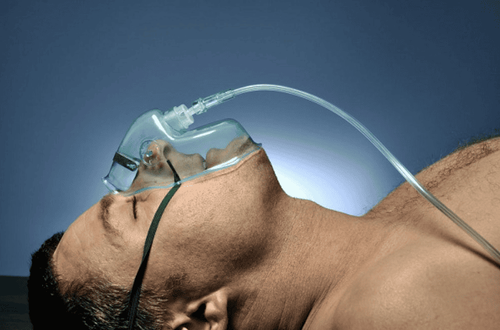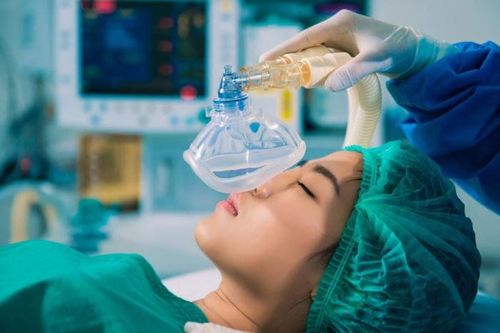This is an automatically translated article.
Posted by Doctor Nguyen Duc Tho - Department of Surgical Anesthesia - Vinmec Central Park International Hospital
Anesthesia is the use of drugs or other measures to temporarily lose consciousness or sensation in an area or the whole body. To ensure good control of the risk of reactions, allergies and anaphylaxis during anesthesia for patients, doctors need to follow the pre-anesthetic examination.
1. What is anesthesia?
Anesthesia is a method of using drugs or other measures to temporarily lose consciousness or sensation in an area or the whole body so that the patient does not feel pain, anxiety or fear when subjected to medical interventions. medical card.
2. Methods of anesthesia
Anesthesia is a general term to refer to methods including: sedation (mild, moderate and deep sedation), general anesthesia (general), regional anesthesia (spinal, epidural, peripheral nerve anesthesia) )
To achieve the effect of anesthesia, doctors must use anesthetics, anesthetics, pain relievers, even morphine when performing anesthesia and anesthesia for patients. In parallel with the effective pain relief, sedation, these drugs also more or less affect the patient's respiratory and circulatory function during anesthesia.
In order to choose the right anesthetic method, and at the same time limit the effects of anesthetic methods on the patient, anesthesiologists will often have to examine patients who need medical intervention before being anesthetized. , that work is called pre-anesthesia examination.
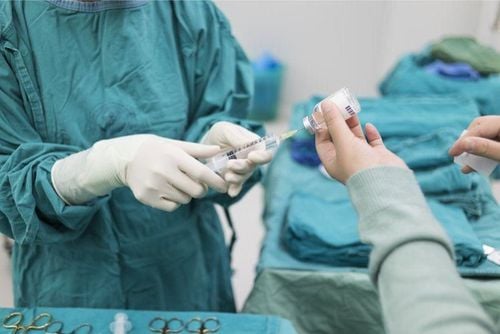
3. What is pre-anesthesia examination?
Pre-anesthesia examination is both a professional and a legal necessity before all surgeries or medical interventions that require anesthesia.
The purpose is to assess the patient's condition before surgery and procedures. Select an appropriate anesthetic option. Prepare prevention plans. Explain and prepare psychologically for the patient and the patient's family.
4. Who needs pre-anesthesia?
Are all patients who need surgery, procedures or medical interventions with anesthesia including:
Patients undergoing surgical procedures in the operating room, minor surgery room Patients with gastrointestinal endoscopy Patients need tooth extraction, ENT procedures. Children need MRI, ultrasound. Patients need to undergo interventional procedures in IVF . Pre-anesthesia examination is an important step to help patients reduce anxiety, trust and cooperate with doctors; help the anesthesiologist in resuscitation assess the patient's condition and possible risks during and after surgery.
Pre-anesthesia examination is a routine examination at Vinmec before any surgery or examination takes place. Accordingly, the pre-anesthesia and anesthetic examination process at Vinmec is carried out methodically and in accordance with the standard procedures by a team of highly skilled doctors and nurses, modern machinery system, thus giving accurate results. contributes significantly to the identification of the disease and the stage of the disease, thereby guiding the treatment, minimizing complications during anesthesia.
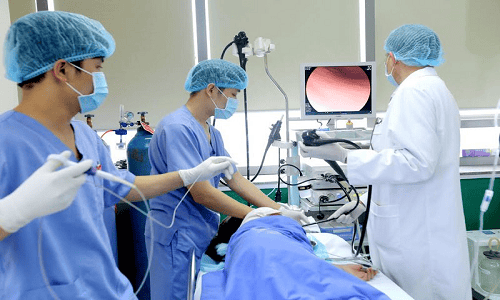
Please dial HOTLINE for more information or register for an appointment HERE. Download MyVinmec app to make appointments faster and to manage your bookings easily.





